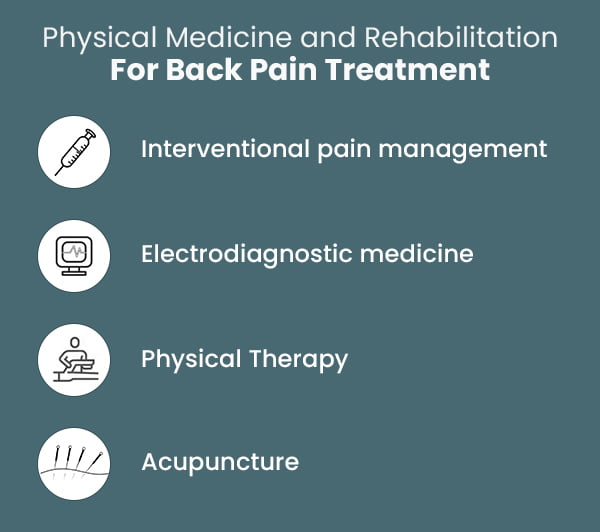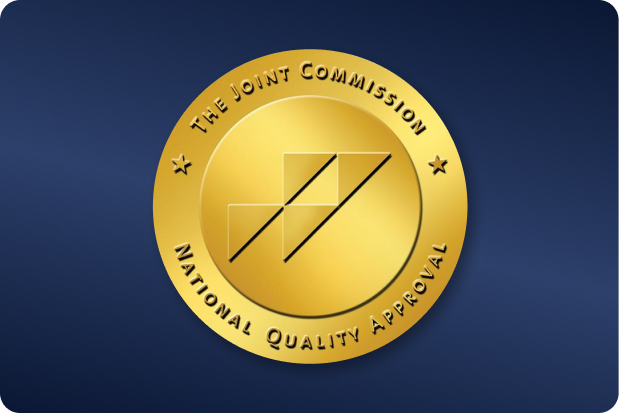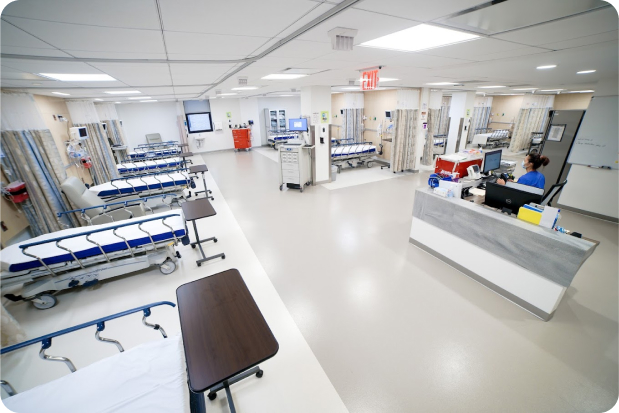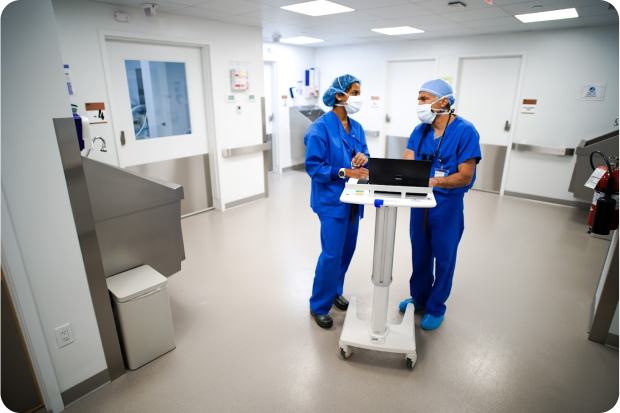 OUR LOCATIONS
Same-day Appointments Book OnlineCall to book 201.523.9590
OUR LOCATIONS
Same-day Appointments Book OnlineCall to book 201.523.9590
 OUR LOCATIONS
Same-day Appointments Book OnlineCall to book 201.523.9590
OUR LOCATIONS
Same-day Appointments Book OnlineCall to book 201.523.9590


Back pain is one of the most common medical complaints in the US, affecting approximately 31 million Americans at any given time. As the human back is made up of several different structures, it may be hard to distinguish what is causing the pain. However, the back muscles are the usual culprits.
So how can you tell if your back pain is muscular? Muscular sprain typically happens due to overexertion which means the pain intensifies when you walk, stand, or move. You would feel stiff or sore with a dull ache in the lower back and only feel relief once you’re resting. After a few days of rest, muscular pain will disappear on its own.
Your back is made up of many interconnected and overlapping structures such as spinal nerves, intervertebral discs, facet joints, and large muscles. Back pain is the body’s signal that there is something wrong with one of these parts. Back pain comes in three major types: neuropathic pain, bone and cartilage pain, and muscle and ligament pain.
Pain caused by a problem with the nerves is often described as shooting or radiating, because the pain “shoots” away from the spinal cord and radiates down the nerve paths. If the pain you feel extends to your arms, forearms, and hands, the source may be your cervical spine. On the other hand, if you feel the pain radiating to your legs, it may be a problem with the lumbar spine.
Usually, the cause of neuropathic pain is disc herniation. When the discs that cushion your vertebrae become damaged, your nerve roots may experience pressure and send pain signals. Chronic pain caused by the nerves usually relieves itself after a few weeks although surgery is needed in some cases.
Bone pain is the least common type of pain a patient may experience and can have various causes. It is possible that you experience back pain due to the development of bone spurs, which crowd the spinal canal and pinch the nerves. Another bone-related cause of back pain could be osteoarthritis or spondylosis, where the cartilage protecting the bone degenerates, leaving them to grind painfully against each other.
Even rarer causes of back pain could be a fracture caused by osteoporosis, a bone infection, or even cancer. As there are various causes of bone pain, the prevailing symptom is a constant ache which lasts for more than 12 weeks. If you are experiencing this kind of long-lasting pain, it’s best to check with a doctor who may ask you to undergo X-rays, MRI or CT scans, bone scans, or EMG tests to look for the cause of the problem.
A muscle strain is a painful injury or irritation on the muscles and tendons that attach them to the bone. You may also experience a sprain, a similar injury for the ligaments — the tough tissues which bind bones together.
Muscle or ligament pain rarely occurs due to a single traumatic occurrence, although it may happen because of a sudden, awkward movement like a big fall. Most of the time, non-specific muscular strains are caused by over-activity or repetitive physical stress such as lifting, twisting, or stretching the lower back.
An athlete would be prone to back pain caused by overusing the muscles and ligaments. Similarly, you may feel the sore and stiff after a few hours of yard work or incorrectly lifting a heavy object.
It can be difficult to tell whether your back hurts because of a problem with your muscles or your spine. However, determining which type of pain it is can help your doctor figure out the best way to treat it.
In most cases, back muscle strain can disappear within a few hours to a couple of days. Back pain is also unlikely to cause any long-term problems but you should be wary if the pain continues for over two weeks and is severe enough to disrupt your daily activities. The most common symptoms of a strained back muscles include:
If your muscles are strained, they will feel like a sore or tight ache. A pulled muscle would not feel hot, tingling, or electric like an irritated nerve root would. The pain would only subside while you are relaxed and resting, as the tension and spasms are alleviated. However, the pain would most likely flare up when you get up to move again.
Back strain tends to worsen the pain when you perform specific movements because it activates irritated muscles. You can expect the pain to flare-up when you shift your position, bend forward, or get up after staying seated. Walking and standing for extended periods may also be difficult and your movements will be limited due to muscle stiffness.
The muscular back pain you experience would be concentrated in a specific area, such as the lower back. It may extend to the buttocks or hips (muscles that support the rest of the back) but would not travel down your legs to the calves and the feet. A strained muscle can also be inflamed and tender to touch, swelling for a few days. You can expect spasms or cramps to occur as well.
| Cause of Problem | Location of Pain | Type of Pain | |
| Muscular Condition | The cause of muscular pain is overexertion or awkward movement. People are often aware of what caused the problem, such as overdoing yard work or lifting something heavy. | Your back pain is localized or may only bother you when you’re in a certain position. In some cases, the pain extends to the supporting muscles in the buttocks and hips. | The pain will feel like a dull ache or tightness in the muscles. |
| Spinal Condition | Injury, arthritis, or wear-and-tear on the vertebrae, facet joints, or discs are the common spine-related causes of back pain. | The back pain can shoot to other parts of the body, such as your legs and glutes. You may also experience an ache in the groins due to nerve compression. | A constant, burning or electric type of pain would be felt, along with other symptoms like incontinence and weakness in the limbs. |
If you’re currently experiencing back pain and you suspect it’s caused by your muscles, here are a few tips to help you alleviate the pain:
Continued, severe back pain should be checked immediately especially if the symptoms are interfering with your daily activities. Schedule a check-up with an expert back pain specialist near me.



